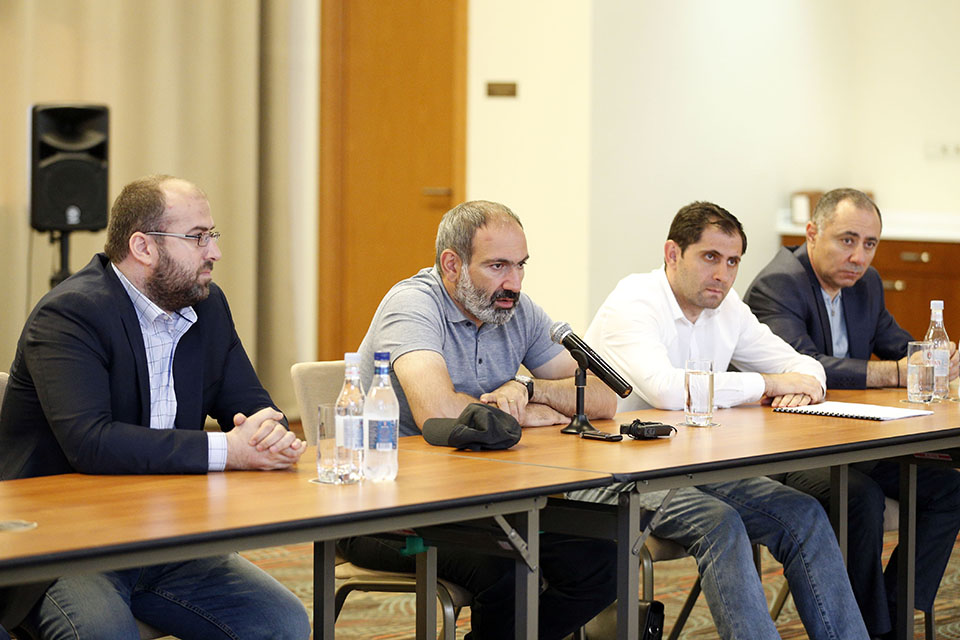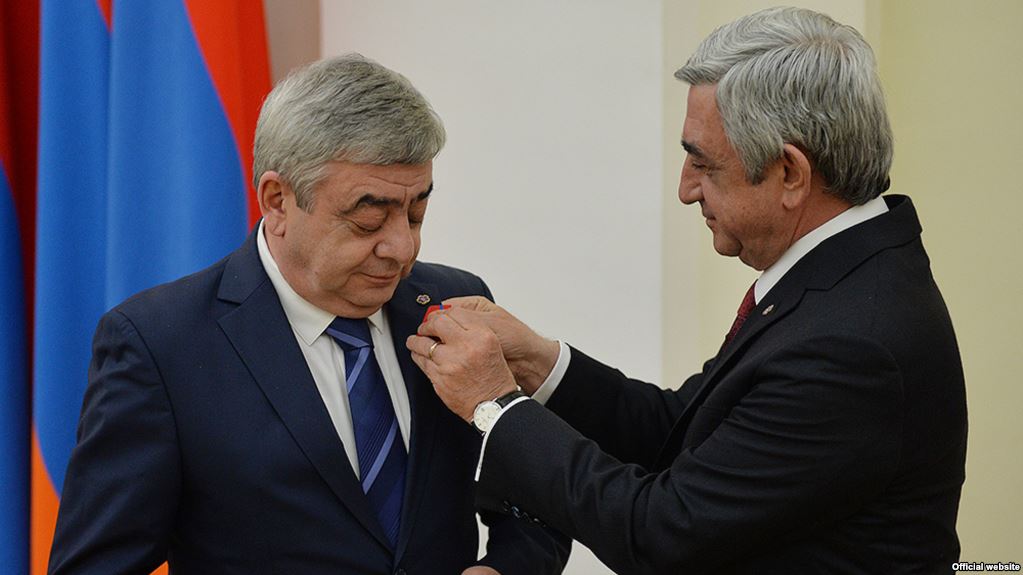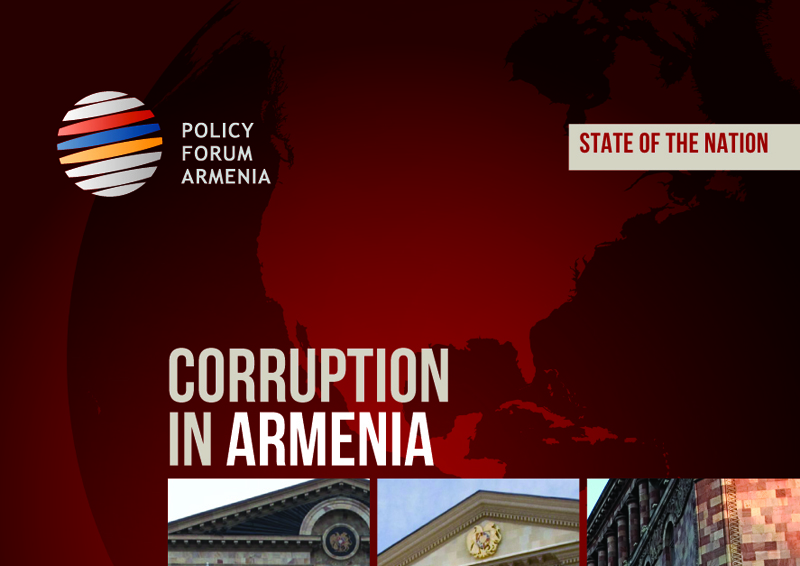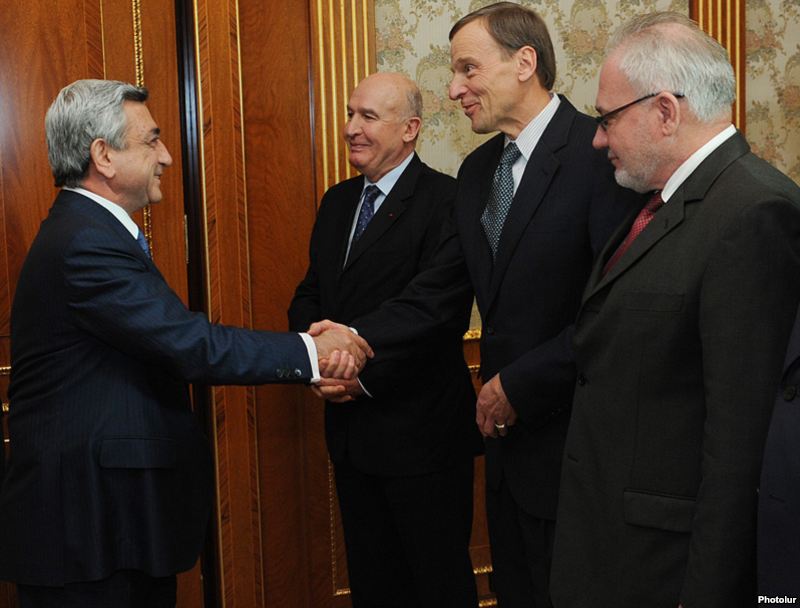YEREVAN (RFE/RL) — Armenian Prime Minister Nikol Pashinian called for a decision on the future of a gold mining project at Amulsar that would be “based on facts rather than emotions” as he met with all stakeholders in the central Armenian province of Vayots Dzor on Friday.
Pashinian arrived in the town of Jermuk on the second day of his two-day tour of the southern and central Armenian provinces with the purpose of getting firsthand information about a local dispute between some members of the community and environmentalists on one side and an international mining company prospecting for gold at a nearby deposit on the other.
All roads leading to Amulsar have been blocked since June 23 by a group of residents of nearby communities as well as some environmental activists protesting against gold mining operations planned there. The protesters claim the operations of Lydian International, a U.S.-based mining company, would contaminate air and water in the mountainous area. Lydian maintains that it will use advanced technology to prevent any damage to the local ecosystem.
The company, which had won exclusive rights to develop the Amulsar deposit, says it has suffered millions of dollars in losses and could take legal action if one of the largest business projects in Armenia’s history is disrupted.
More than 1,400 people employed by the company, many of them also local residents, have been unable to go to work for days. More than 200 Lydian employees demonstrated in Yerevan on July 2 against the blockage of the construction site at the gold deposit imposed by the protesters despite Premier Pashinian’s call to end the protests.
Pashinian met with representatives of Lydian, the local communities and environmental activists in one place to discuss possible ways of resolving the situation. In particular, he insisted that an inspection involving all stakeholders, including experts, should be carried out to provide credible answers to two key questions – whether the operations of the mining site affect the quality of water resources and the future development of Jermuk as a resort town.
“I believe that decisions of the government concerning the mine must be made on the basis of facts rather than emotions. Theoretically, one can also make emotional decisions, but we should understand that emotional decisions, especially in state governance, are not particularly useful. And secondly, we now have a de jure situation and every resolution of this situation has its own potential development. If we make any unlawful step in this situation – even one that is deemed unlawful not necessarily from our standpoint but at least from the point of view of international relations – we may face major problems,” Pashinian said.
Both sides appeared to agree on an inspection of Lydian’s compliance with environmental norms proposed by the prime minister, but neither agreed to make concessions in terms of the current activities on the deposit. Community representatives and environmental activists insisted that construction of gold mining and smelting facilities at Amulsar should be suspended for the period of the inspection, with Lydian’s representative finding such an approach unacceptable.


Joao Carrelo, President and Chief Executive Officer of Lydian International, said that every day that goes by without activities costs the company about half a million dollars that it has to additionally find on the market. He said that due to the downtime to date the company has already incurred losses to offset which it has to find an additional $14 million.
“There has been an investment from the United States, Canada, the UK to the tune of over $400 million. Investors will only invest if they feel secure that their investment is secure and the environmental permits have been given to the company. As far as I know the company has used the highest standards in the industry in the world to ask for permits based on IFC (International Finance Corporation) and also EBRD (European Bank for Reconstruction and Development) standards. So, the company has a permit to work. And it has responsibility to all of the stakeholders to make sure it does the best job possible to the highest standards in the world. That includes the investors, our workforce, the communities and the government of the country that we are in,” said Carrelo, who took up his current job in May.
Lydian’s representative suggested that inspections can be carried out in parallel with the mining activities. “For a responsible company every day that goes by without activity delays all of the benefits that this project could bring to the community, to the country. The international community is watching and they want to know whether more investments will come into Armenia,” Carrelo added.
In their turn activists present at the discussion said that they will continue to stage protests and will not unblock the roads leading to the mining site.










